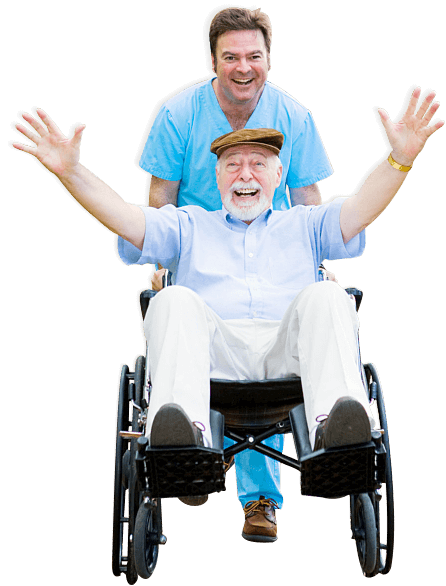Introduction to Senior Health Care
As the global senior population continues to grow, prioritizing senior health care has never been more crucial. Healthy aging isn’t just about adding years to life but ensuring those years are vibrant, independent, and fulfilling. This guide covers essential aspects of elderly care, from preventive measures to daily habits, tailored for families and caregivers.
Why Senior Health Care Matters
With rising life expectancy and modern lifestyles, seniors face unique challenges like joint issues, diabetes, and isolation. Proactive home-based care, supported by accessible health services, is key.
Key Components of Effective Senior Health Care
1. Preventive Health Checkups
Regular screenings catch issues early. Recommend annual checks for:
- Blood pressure and cholesterol
- Bone density (for osteoporosis)
- Vision and hearing tests
- Diabetes screening
In 2025, telehealth platforms make consultations widely accessible.
2. Nutrition for Seniors
A balanced diet combats malnutrition. Focus on:
- Calcium-rich foods: Milk, yogurt, leafy greens
- Protein: Lentils, eggs, lean meats
- Fiber: Whole grains, fruits like berries and bananas
- Hydration: 8–10 glasses of water daily
Avoid excess salt and sugar to manage hypertension and diabetes.
3. Exercise and Mobility
Physical activity prevents falls and boosts mood. Safe options include:
- Yoga and gentle stretching (e.g., Chair Yoga for limited mobility)
- Walking 30 minutes daily
- Strength training with light weights or resistance bands
Community programs and online classes offer guided routines.
4. Mental Health and Social Engagement
Loneliness affects many seniors. Combat it with:
- Regular family interactions via video calls
- Hobbies: Reading, puzzles, gardening
- Senior groups or virtual meetups
Watch for signs of depression and seek professional support if needed.
5. Home Safety and Assistive Devices
Modify homes to reduce accidents:
- Install grab bars in bathrooms
- Use non-slip mats and adequate lighting
- Opt for walkers, canes, or hearing aids
Affordable assistive devices are widely available online and in stores.






